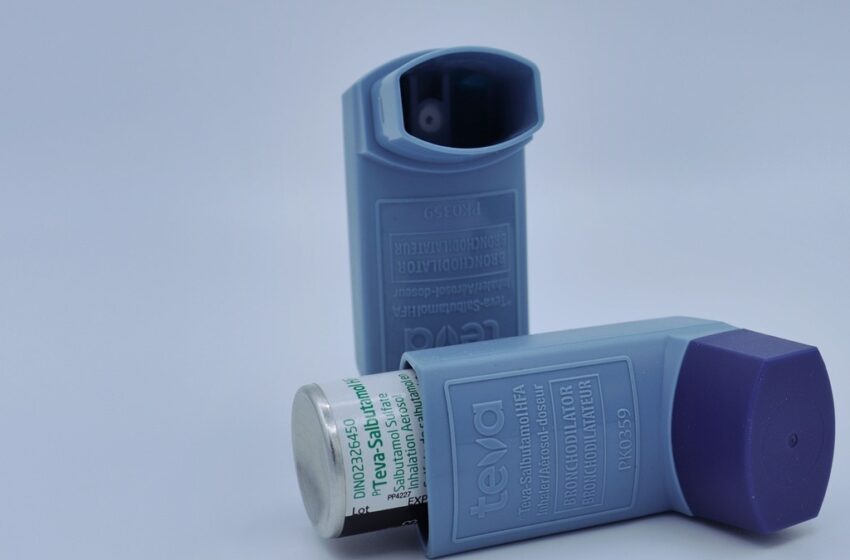
Effective Strategies for Managing Asthma Symptoms
Asthma is a chronic respiratory condition that affects millions of people worldwide. Characterized by inflammation and narrowing of the airways, asthma can lead to symptoms such as wheezing, shortness of breath, chest tightness, and coughing. Effective management of asthma is crucial to maintaining a good quality of life and preventing severe asthma attacks. By employing a combination of strategies, individuals with asthma can better control their symptoms and reduce the impact of the condition on their daily lives.
Understanding and Identifying Triggers
One of the foundational steps in managing asthma symptoms effectively is understanding and identifying the triggers that can exacerbate the condition. Asthma triggers vary from person to person and can include allergens such as pollen, dust mites, mold, and pet dander, as well as irritants like tobacco smoke, strong odors, and air pollution. Additionally, physical activities, cold air, respiratory infections, and stress can also act as triggers.
Adhering to a Personalized Asthma Action Plan
A well-developed asthma action plan is essential for managing symptoms and preventing asthma attacks. This plan is created in collaboration with a healthcare provider and outlines specific steps to take based on symptoms and peak flow measurements. The action plan typically includes instructions on medication use, recognizing worsening symptoms, and knowing when to seek medical help.
Adhering to the action plan involves not only following medication instructions but also regularly monitoring symptoms and peak flow rates. Peak flow meters are devices used to measure how well air is moving through the lungs. By using a peak flow meter, individuals can gauge their lung function and adjust their medication or seek medical attention as needed. Regular reviews of the action plan with a healthcare provider ensure that it remains effective and up-to-date.
Utilizing Medications Effectively
Medications play a critical role in managing asthma symptoms and preventing exacerbations. Asthma medications are generally categorized into two types: long-term control medications and quick-relief (rescue) medications. Long-term control medications, such as inhaled corticosteroids and leukotriene modifiers, are used daily to reduce inflammation and prevent symptoms. Quick-relief medications, such as short-acting beta agonists, provide rapid relief from acute symptoms and are used as needed during an asthma attack.
Implementing Lifestyle Modifications
Lifestyle modifications can significantly impact asthma management and overall health. Regular physical activity is beneficial for improving lung function and reducing asthma symptoms, but it is important to engage in exercises that do not trigger asthma. Activities such as swimming, which involves breathing moist air, can be particularly suitable for individuals with asthma.
Managing Allergies and Respiratory Infections
Allergies and respiratory infections can significantly impact asthma control. For individuals with allergic asthma, managing allergies through medications such as antihistamines or nasal corticosteroids, and minimizing exposure to allergens, is essential. Allergy testing and immunotherapy may also be recommended by healthcare providers to address specific sensitivities.
Respiratory infections, such as the common cold or flu, can trigger asthma exacerbations and worsen symptoms. Preventative measures, such as receiving annual flu vaccinations and practicing good hygiene, can help reduce the risk of infections. Prompt treatment of respiratory infections with appropriate medications and management strategies can prevent complications and minimize their impact on asthma control.
Monitoring and Adjusting Treatment
Effective asthma management requires ongoing monitoring and adjustment of treatment strategies. Regular check-ups with a healthcare provider are essential to assess asthma control, review medication use, and make any necessary adjustments to the treatment plan. During these visits, healthcare providers can evaluate symptoms, perform lung function tests, and discuss any concerns or changes in condition.
Self-monitoring of symptoms and peak flow rates is also crucial for adjusting treatment as needed. If symptoms persist or worsen despite following the action plan, it may be necessary to review and modify medication dosages or explore alternative treatments. Open communication with healthcare providers ensures that any changes in symptoms are promptly addressed and that the asthma management plan remains effective.




